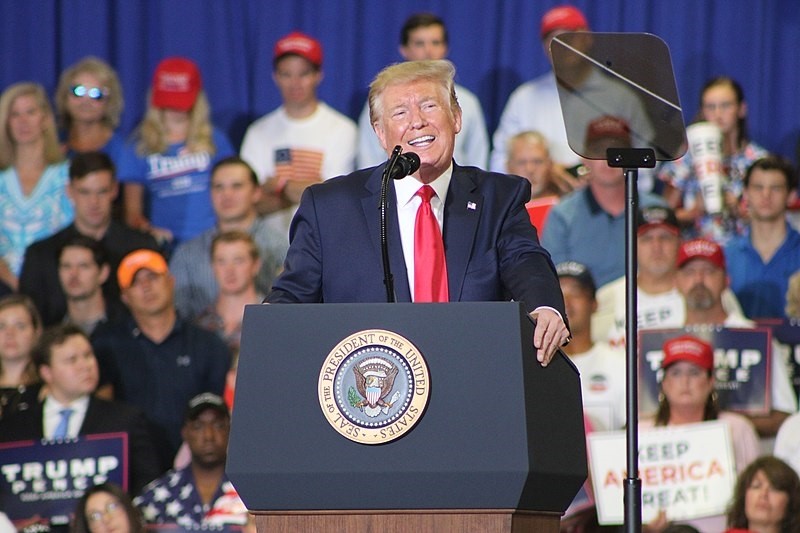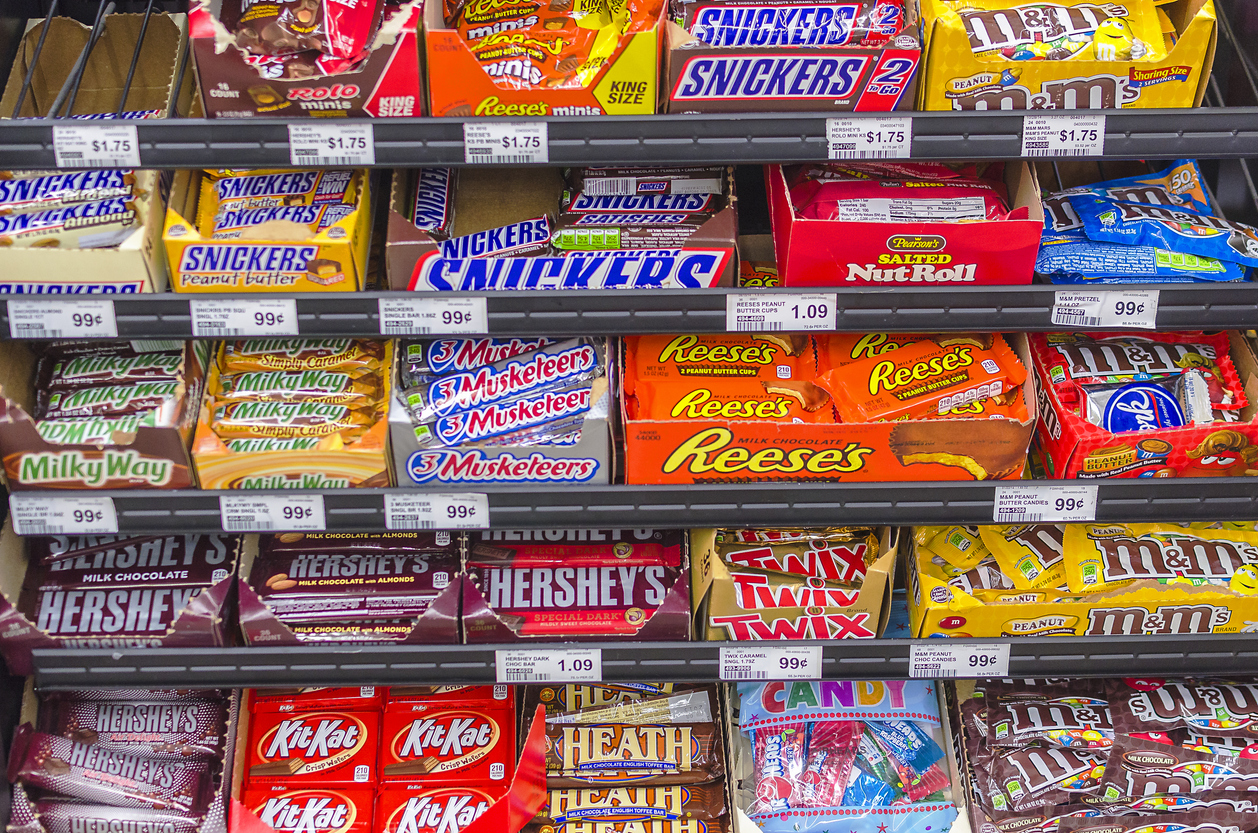Shrinkflation Nation: How Tariffs Are Stealing Your Snacks
When Donald Trump reintroduced sweeping tariffs in 2025, the focus was on protecting American jobs. But there’s a sneaky side effect that’s hitting closer to home and your pantry.
Shrinkflation, the quiet practice of reducing product size while keeping the price the same or even higher is on the rise. And as the cost of imported goods skyrockets under new tariffs, companies are responding in the way that hurts you most: giving you less for more.

From Tariffs to Tinier Treats
Take the classic U.S. Kit Kat, once a generous 1.5 oz of crisp wafer and chocolate. It’s held steady for now, but industry insiders warn it may not stay that way. As cocoa, sugar, and packaging costs rise with tariffs on global imports, smaller bars are likely on the horizon with the same price tag.

Laurent Freixe
Sound familiar? That’s because it’s already happening.
-
Toblerone famously widened the gaps between its signature chocolate triangles in 2016, reducing the bar’s weight from 170g to 150g and then again to 100g in many markets while keeping the price stable.
-
Cadbury quietly reduced the size of its Dairy Milk bar in the U.K. by 10% in 2012 without changing the price.
-
Gatorade swapped its 32 oz bottles for 28 oz versions in 2022. The new bottle looked sleeker, but consumers were paying more per ounce.
-
Domino’s U.K. stores announced in 2023 they were using less chicken on pizzas to absorb ingredient inflation.
Now, American companies are under pressure from rising tariffs on everything from aluminum cans to foreign flavorings. Instead of hiking prices (and risking customer backlash), they’ll likely choose the stealthy route: smaller portions.
Related: Scotch Whisky Prices Surge Amid New U.S. Tariffs
Related: They Promised Prosperity, Now You’re Paying $10 for Coffee

The Illusion of Value
Shrinkflation is the perfect corporate disguise, it doesn’t show up on a receipt, and it lets companies dodge accountability while protecting profits. But make no mistake: you’re paying more for less.
And it’s not just snacks. Expect household goods, hygiene products, and even baby formula to fall victim as tariffs squeeze production costs. Your detergent may look the same, but it might clean fewer loads.
Related: Ynon Kreiz: Steering Mattel Through Global Challenges
The Real Cost of “America First”
These tariffs are billed as “America First” economic policy. But are they really? Because the reality is this: corporations aren’t absorbing the costs, you are.
Shrinkflation is inflation with a PR team. It’s the clearest sign that consumers, not companies are footing the bill for policy decisions designed to protect profits, not people.
And unless we demand transparency and accountability, your favorite products will keep shrinking while your costs keep rising all in the name of a stronger economy you were promised but may never see.
Welcome to the Shrinkflation Economy. You didn’t vote for it. But you’re paying for it anyway.













